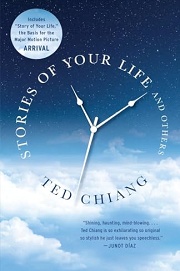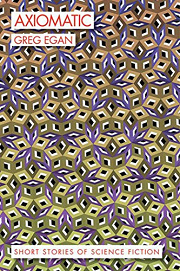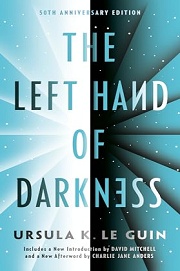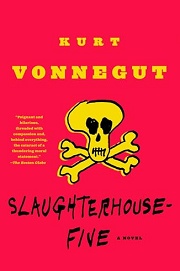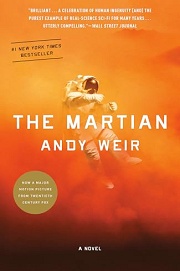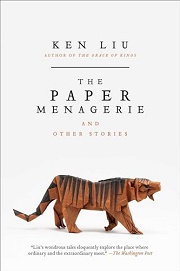Share your thoughts in a quick Shelf Talk!
Stories of Your Life and Others by Ted Chiang
"From impossible artifacts to conversations with the unthinkable, these stories fold big ideas into intimate human moments until wonder feels personal. Meticulous and profound, Stories of Your Life and Others is the rare collection that lingers—reframing how you see time, choice, and meaning."
Have you read this book? Share what you liked (or didn’t), and we’ll use your answers to recommend your next favorite read!
Love Stories of Your Life and Others but not sure what to read next?
These picks are popular with readers who enjoyed this book. Complete a quick Shelf Talk to get recommendations made just for you! Warning: possible spoilers for Stories of Your Life and Others below.
In Stories of Your Life and Others, did you enjoy ...
... rigorous, idea-driven hard science in “Story of Your Life,” “Division by Zero,” and “Seventy-Two Letters”?
Axiomatic by Greg Egan
If the precise, heady science of Louise Banks parsing Heptapod B, the mathematical vertigo of "Division by Zero," and the mechanistic logic in "Seventy-Two Letters" thrilled you, Axiomatic will scratch the same itch. Egan’s stories push neural implants, physics, and identity puzzles to their logical extremes—much like the way Fermat’s principle and variational calculus underpin the revelations in “Story of Your Life.” You’ll get that same clean-room rigor, but applied to mind-bending questions about free will, consciousness, and the limits of self.
... probing philosophical inquiry into language, culture, and what makes us human, as in “Story of Your Life” and “Hell Is the Absence of God”?
The Left Hand Of Darkness by Ursula K. Le Guin
If you were moved by Chiang’s big questions—like how learning Heptapod B alters perception in “Story of Your Life” or how grace and suffering refract morality in “Hell Is the Absence of God”—then The Left Hand of Darkness gives that same depth of thought. Le Guin’s envoy Genly Ai navigates Gethen’s norms and language to understand what ‘human’ means across cultures, echoing the way Louise Banks bridges an alien worldview through linguistics and empathy.
... a non-linear, time-bending narrative perspective that reshapes causality, as in “Story of Your Life”?
Slaughterhouse-Five by Kurt Vonnegut
If the braided timeline of “Story of Your Life”—with future and past coexisting for Louise Banks—captivated you, Slaughterhouse-Five plays a similar game with causality. Billy Pilgrim becomes “unstuck in time,” experiencing his life out of order and reframing fate versus choice, much like how Chiang’s Heptapods force a rethinking of agency once the whole arc of life is perceived at once.
... documentary-style logs and rigorous problem-solving like the transcript-driven “Liking What You See: A Documentary” and Chiang’s methodical reasoning?
The Martian by Andy Weir
If the pseudo-oral-history format of “Liking What You See: A Documentary” and Chiang’s step-by-step analytical approach appealed to you, The Martian channels that through Mark Watney’s mission logs, emails, and reports. The pleasure here is the same: relentless, clever reasoning under constraints—like Chiang’s characters working through linguistic systems or physical principles—except this time it’s potatoes, orbital mechanics, and life-or-death engineering on Mars.
... a collection of self-contained, idea-rich short stories with emotional resonance, as in “Hell Is the Absence of God” and “Tower of Babylon”?
The Paper Menagerie and Other Stories by Ken Liu
If you loved the way “Hell Is the Absence of God” and “Tower of Babylon” deliver big speculative ideas in perfectly cut standalone pieces, The Paper Menagerie and Other Stories offers that same short-form potency. Liu blends concept and heart—myth, tech, memory, and migration—much like Chiang unites grand architectures (a city-sized tower into the sky) with intimate human stakes.
Unlock your personalized book recommendations! Just take a quick Shelf Talk for Stories of Your Life and Others by Ted Chiang. It’s only a few questions and takes less than a minute.
